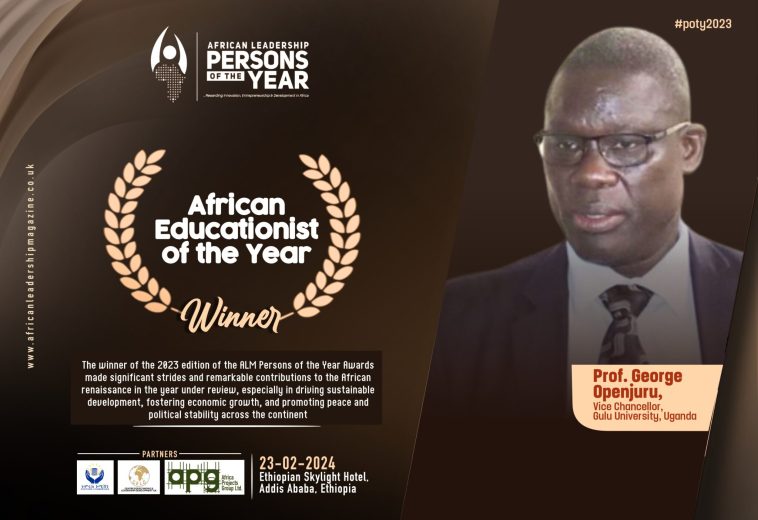Nigeria has seen its fair share of challenges in meeting growing energy demands while simultaneously addressing environmental concerns and working towards sustainable development. As Africa’s most populous country and largest economy, the onus is on Nigeria to provide sustainable and effective energy solutions to the rising population.
The nation is blessed with abundant sunlight, making solar energy a viable and realistic power source. Many Nigerians are learning to integrate renewable energy sources. This is evident in the rooftop solar installations that are becoming more prevalent, particularly in rural areas. The government is equally gradually investing in solar power projects to harness this potential.
Solar and wind energy projects are gaining traction across the country. The government has initiated programs to incentivize investment in renewable energy, promoting the development of solar farms and wind power projects. These all point towards the reduction of dependency on fossil fuels and mitigation of the environmental impact.
A considerable portion of Nigeria’s population resides in rural areas with limited access to electricity. To address this issue, the country invests in mini-grid solutions to provide clean and reliable energy to remote communities. These mini-grids, powered by renewable sources, not only enhance energy access but also contribute to poverty alleviation and improved quality of life in rural areas.
In both industrial and residential sectors, there is a growing awareness of the importance of energy efficiency. Businesses are adopting energy-efficient technologies, and individuals are becoming more conscious of their energy consumption patterns. This shift is supported by government initiatives promoting energy-efficient appliances and practices.
Nigeria faces challenges with waste management, and innovative solutions are emerging to convert waste into energy. Biogas plants, which utilize organic waste, are being explored as a sustainable means of generating electricity. This approach addresses energy needs and contributes to waste reduction and environmental cleanliness.
Nigeria is leveraging its abundant natural gas resources to bolster its power generation capacity. Gas-to-power initiatives involve utilizing natural gas for electricity generation, providing a cleaner alternative to traditional fossil fuels. This approach not only reduces greenhouse gas emissions but also enhances energy security by utilizing a domestic energy resource.
To accelerate the implementation of sustainable energy solutions, Nigeria is actively fostering collaborations between the public and private sectors. Public-Private Partnerships (PPPs) are being formed to attract investments, promote innovation, and ensure the effective implementation of energy projects. This collaborative approach is vital for overcoming financial constraints and leveraging the expertise of both sectors.
Nigeria is on the path to achieving sustainable energy solutions by embracing a realistic and comprehensive approach. Through the integration of renewables, rural electrification efforts, energy efficiency initiatives, gas-to-power projects, and strategic public-private partnerships, the country aims to balance its energy needs with environmental considerations. As Nigeria continues to make progress in these areas, it sets an example for other African nations in their pursuit of a sustainability-conscious future.


